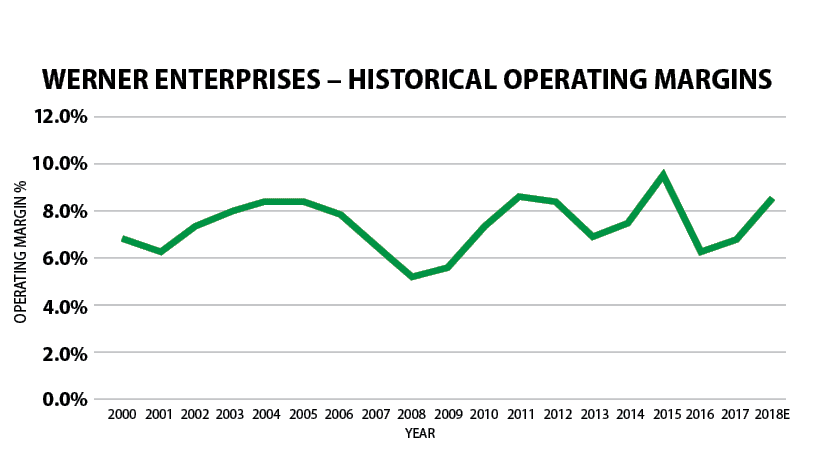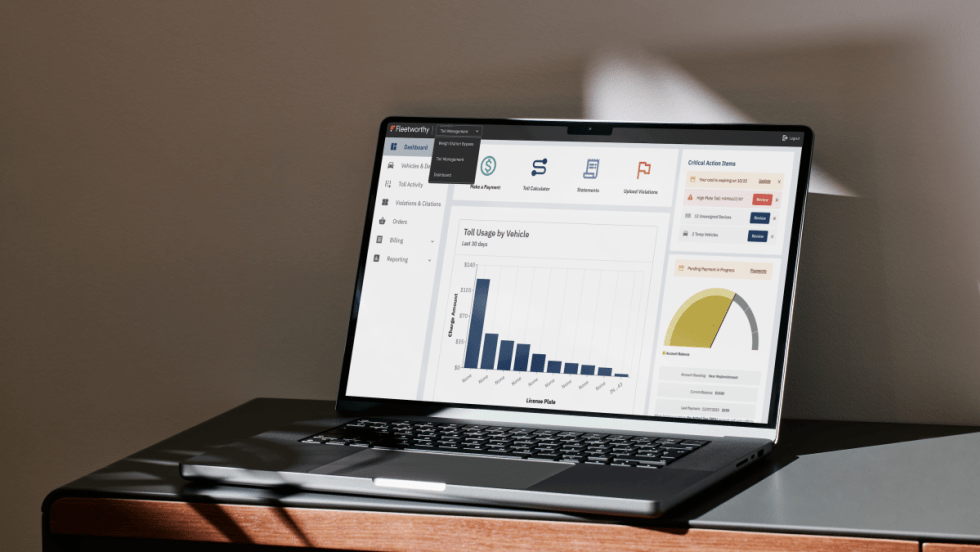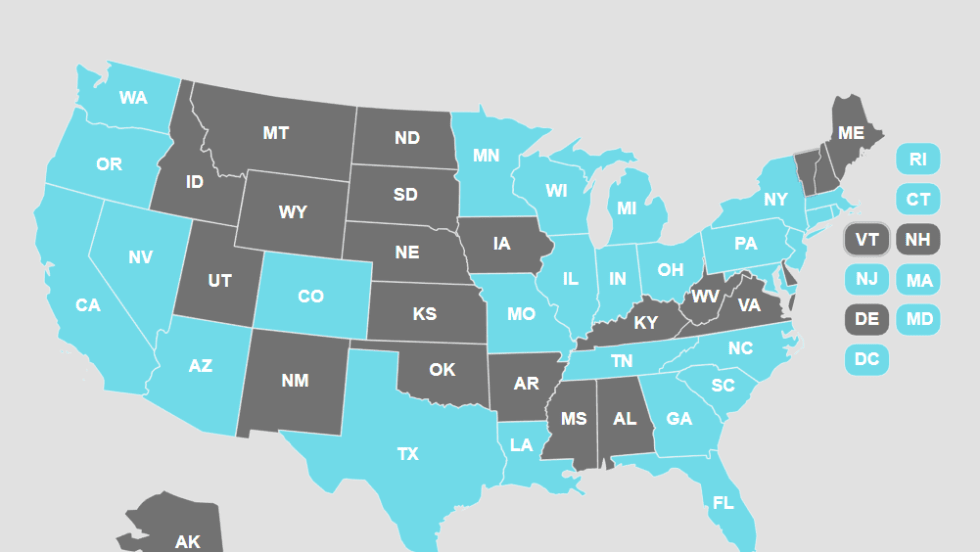With our 2019 economics and truck volume forecast in place, where should that take us in terms of earnings, and where are we in the course of the earnings cycle for truckers?
Recent data has shown some slowing of economic growth. The Institute for Supply Management’s Purchasing Managers’ Index reported in January dropped to 54.1 from 59.3. Consumer confidence has slowed from a reading of 136.4 to 128.1. The three-month/10-year yield curve (which uses the difference between 10-year and three-month U.S. Treasury rates to calculate the probability of a recession) is currently around 35 basis points – almost flat. It’s normally about 200 basis points when healthy, and negative if the economy is at risk of recession.
Remember, in our forecast last month, we anticipated much of this “normalization” of growth expectations. While both the ISM and consumer confidence measures are sentiment indexes and do have predictive value, freight volumes and traffic continue to be strong. These lower readings could reflect concerns about stock market volatility and investor fears. As we noted last month, we expect the economy to slow to a more sustainable growth rate of around 2.5% GDP this year, where we spent much of the decade prior to 2016.
To explore the health of the trucking industry and what expectations are for 2019-2020, let’s look at where truck industry operator margins are right now, and where they might go. To simplify the analysis, let’s look at one large representative trucker – Werner Enterprises. Werner is a large truck fleet with about 7,800 trucks. It historically has grown organically, so acquisition-related costs don’t tend to cloud comparisons, and the company tends to be fairly consistent in terms of its margins over the course of a cycle.
Since 2000, Werner’s operating margins have stayed in a consistent 6% to 9% range, with the majority of a cycle in the 6.5%-8.5% range. Analyst expectations point toward an 8.6% operating profit margin for this year. (We look at margins all-in with fuel surcharges, versus the company’s reported results, which exclude fuel surcharges in calculating operating margins). Based on our expectations for a 3.5% truck freight growth level in 2019, and our expectations that the industry adds about 3% net capacity, we are looking for truck rates to be 2-3% higher by the end of 2019 than they were at the end of 2018. And they could even see an average for the year closer to 4%-5%, because we expect contract rates to begin the year in the 8-10% range. This would imply 6-8% revenue growth (the consensus of Wall Street analysts is 6.9%).
With all that in mind, and with declining fuel prices (the Energy Information Administration’s weekly on-highway diesel price index declined to $3.013/gallon for the week of Jan. 7), truck margins should be stronger for Werner in 2019. In fact, that is what Wall Street analysts are forecasting for Werner, according to Factset, which projects a 50 basis point (half a percentage point) improvement in Werner’s operating margin, implying an operating profit margin over 9% – the high end of the company’s historical range.
What does all this mean for fleet managers? While we expect some moderation in equipment orders because much of the order book for 2019 is filled, and uncertainty has increased regarding 2020 growth expectations, profit margins in the trucking industry should be healthy – near prior cycle peak levels. That means fleets should be a position to support continued buying of equipment, at least in the first part of the year. We look for truck OEMs to begin to enforce penalties for cancellations soon, which could thin out some of the order book as well.
Jeff Kauffman has been a recognized transportation authority for almost 30 years, most notably heading freight transportation research for Merrill Lynch. Currently he is managing director for Loop Capital Markets and also heads Tahoe Ventures, a transportation consulting company. He can be reached at jkauffman@truckinginfo.com.














